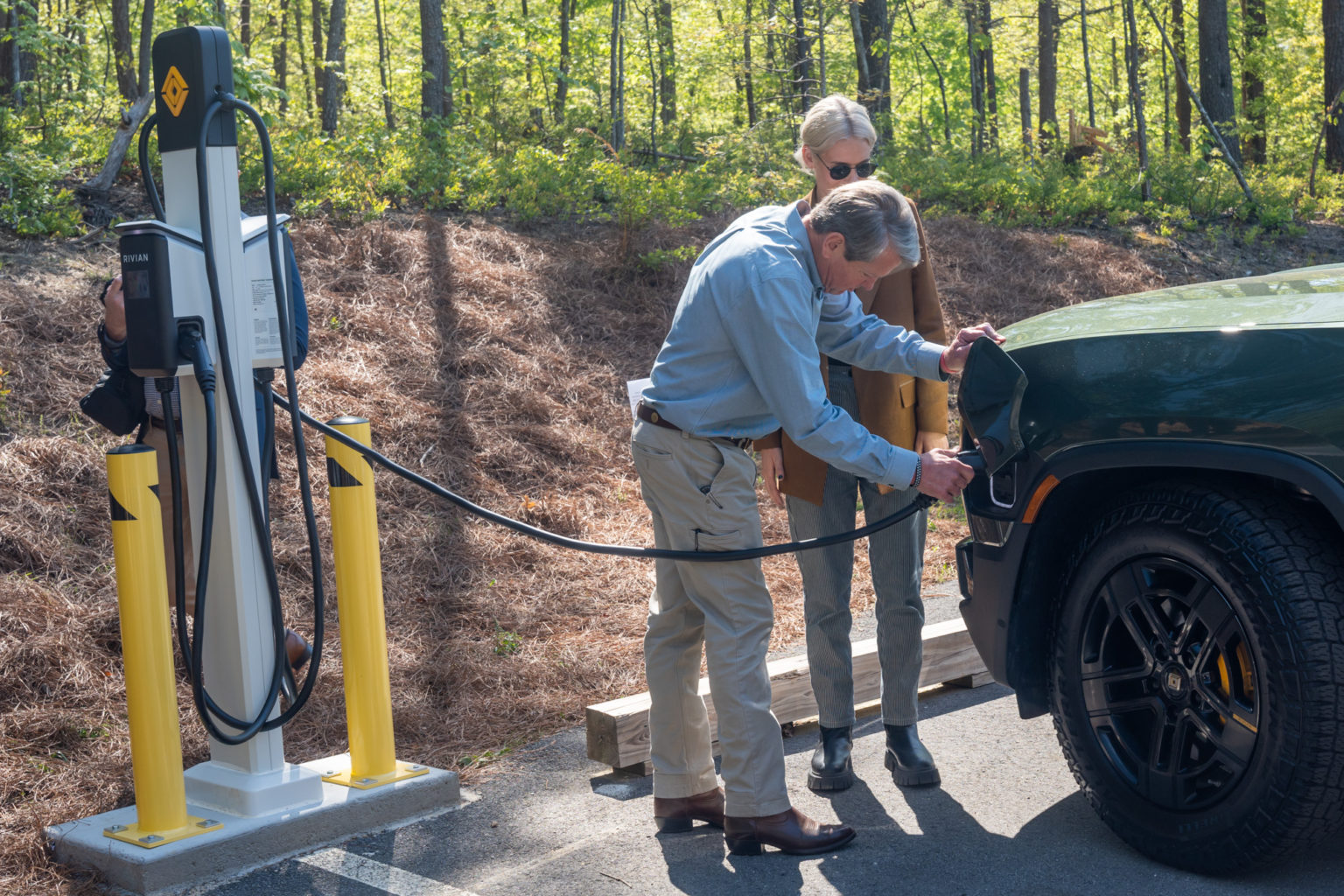
(GA Recorder) — An annual energy efficiency report ranks Georgia near the bottom of the nation due to excessive electricity rates, high fees for electric vehicle owners, and inefficient government policies.
Georgia is ranked 39th on the American Council for an Energy-Efficient Economy’s 15th annual efficiency scorecard released Wednesday.
The 2022 scorecard gives Georgia 6.5 points out of 50 based on six policy areas: utility programs, transportation, building energy codes, state initiatives, industrial energy efficiency, and appliance standards.
A new addition to the report focuses more on how states implement policies that reduce energy costs for low-income households and underserved communities.
Georgia earned points for offering incentives that encourage utilities to invest in energy efficiency. The state also scored kudos because it distributes federal low-income housing tax credits to property owners based on how close the property is to public transit.
The nonprofit analysis also credits the state for making a tax credit available to businesses that manufacture energy products for use in battery, biofuel, and electric vehicles. However, the annual fees charged to EV owners are discouraging more people from buying battery-powered cars, the analysis said.
RELATED Georgia is becoming a hub for electric vehicle production. Just don’t mention climate
Earlier this year, Georgia lawmakers passed a bill that changes how EV owners pay to recharge their cars. Critics claim the measure also unfairly adds taxes on top of the $217 annual registration fee electric vehicle owners pay to help maintain the roads and bridges in their state.
“Its burdensome EV registration fee is among the highest in the United States and impedes consumer EV adoption,” the report said. “Focusing on efficiency policies across the buildings, state government, and industrial sectors could significantly improve Georgia’s standing in the State Scorecard.”
However, the nonprofit said the state government leads by example by requiring energy-efficient vehicles and buildings and encouraging the use of energy savings through performance contracts for vendors. Nonetheless, it also falls short in other areas, such as not offering state-funded incentives for energy efficiency, according to the council.
Georgia’s low score can also be attributed to the fact that utility electricity savings continue to lag behind other states.
“The state has performance incentives for utilities, which help to encourage some investment in energy efficiency,” the report said.
However, while Georgia Power promotes ways for consumers to reduce their energy consumption, the company’s level of investment in energy efficiency programs has been relatively low, according to the report.
As the state’s largest electricity supplier transitions away from its heavy reliance on coal-fired power plants to cleaner sources of energy, the utility has been criticized for high utility bills that some experts predict could result in the typical household paying $45 more each month by 2025.
The highest scores for 2022’s energy policies went to California, Massachusetts, New York, Vermont, and Maine.
California, which received 47 points, was commended in the report for passing a comprehensive legislative climate package that strengthened California’s commitment to decarbonize its economy by 2045.
California’s ambitious climate goals as it transitions to renewable energies like solar and wind power haven’t come without their share of problems. The threat of a power grid meltdown in 2022 forced California officials to delay shuttering a nuclear power plant and natural gas facilities until its renewable energy deployment catches up.
There hasn’t been much year-to-year movement lately in Georgia’s rankings in a report that’s been published for 15 years by the Washington, D.C.-based nonprofit research organization.
Among Georgia’s neighbors, South Carolina ranks 49th, while Tennessee, North Carolina, and Florida are in the middle of the pack ranging from 25 to 29. Like Georgia, the 41st-ranked Alabama was also penalized for having a burdensome EV registration fee and for low electricity savings.







